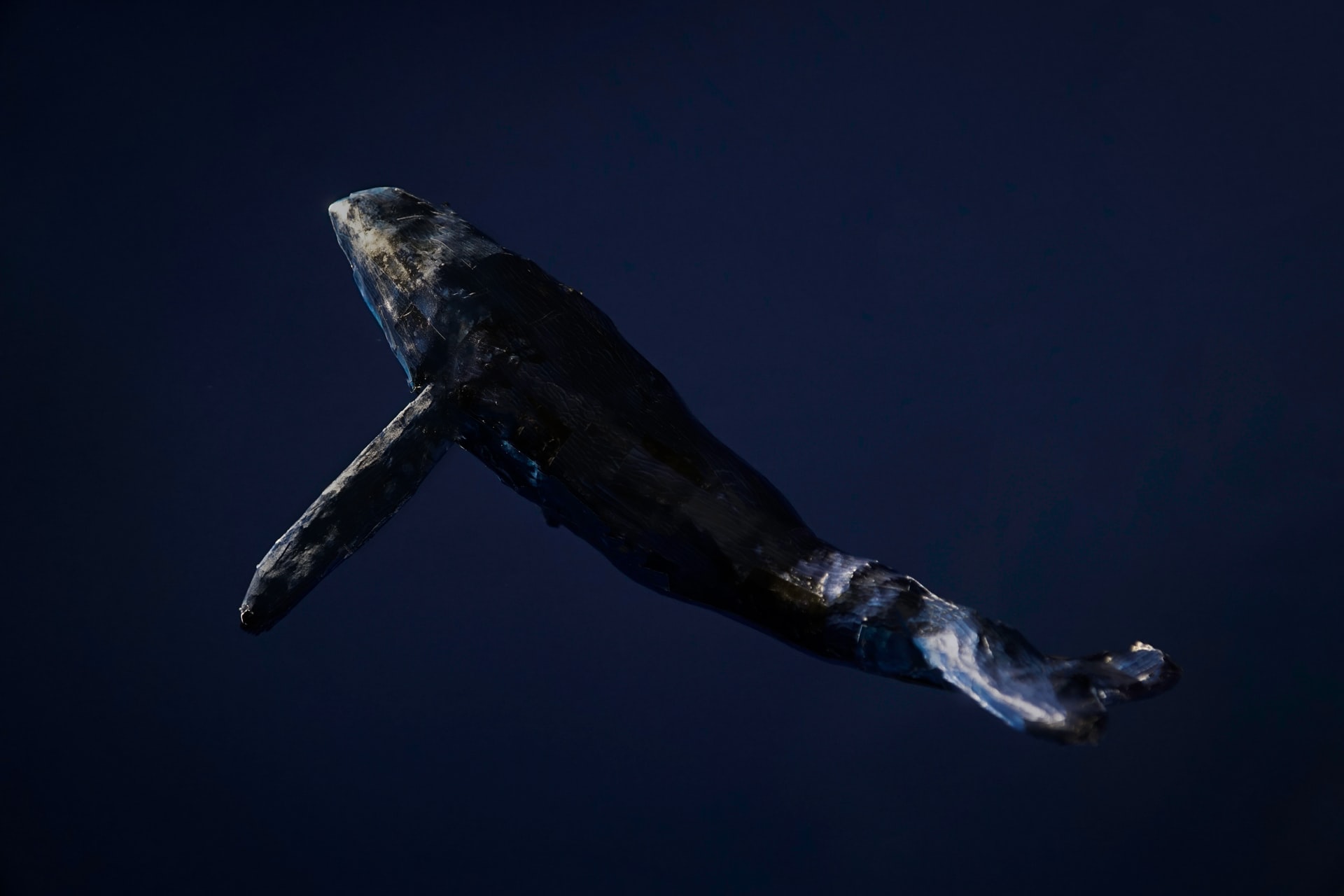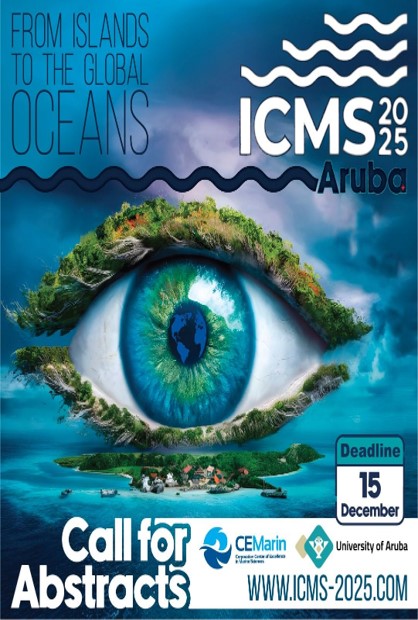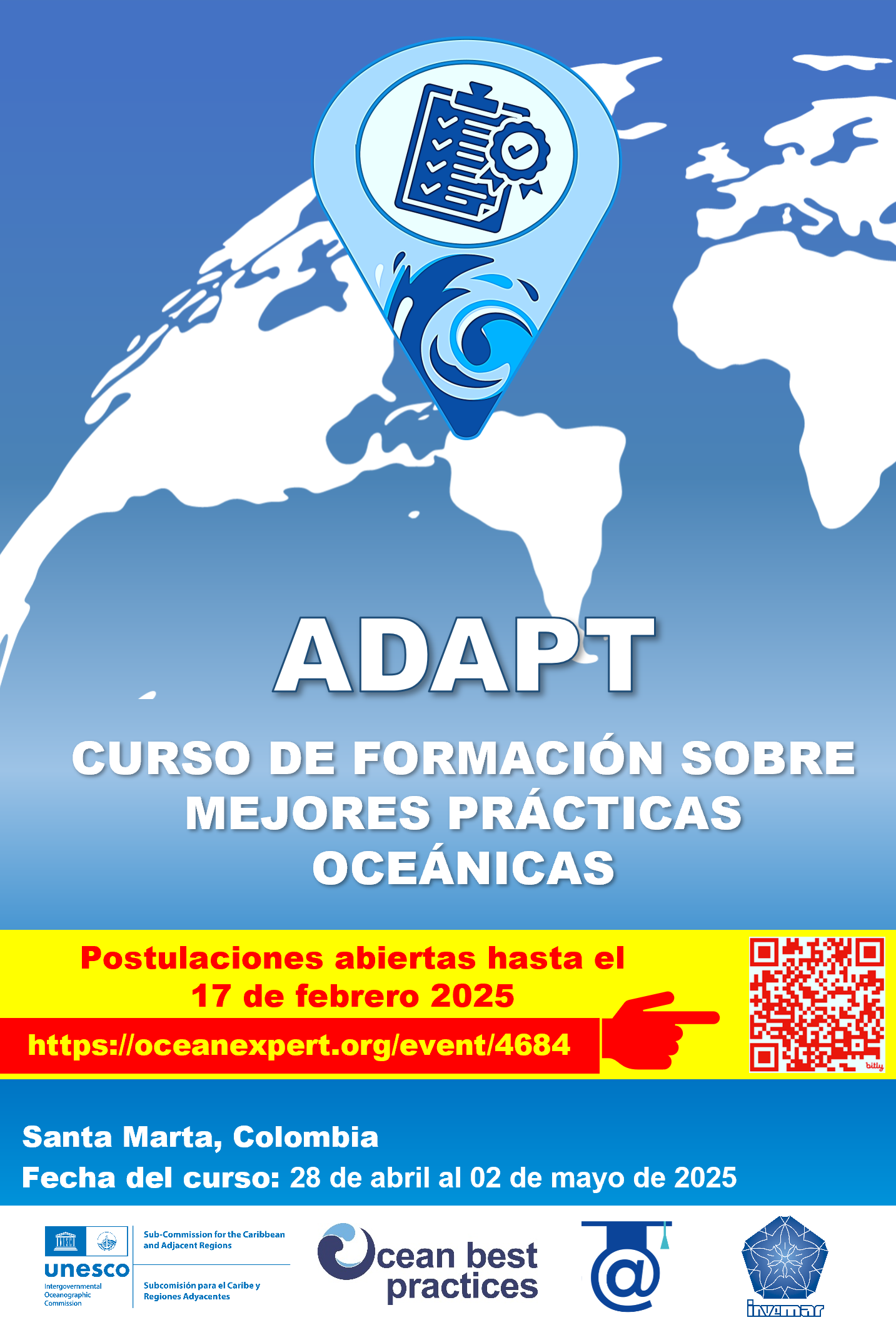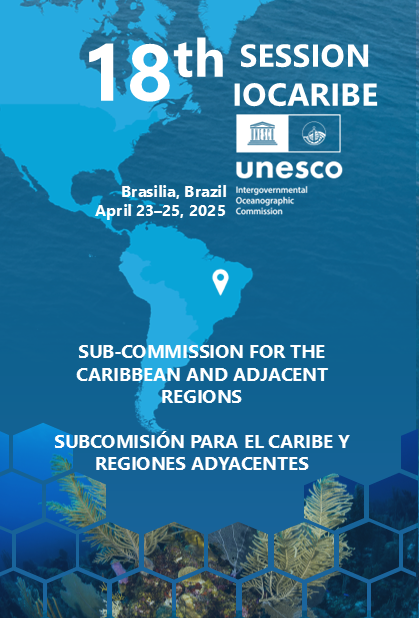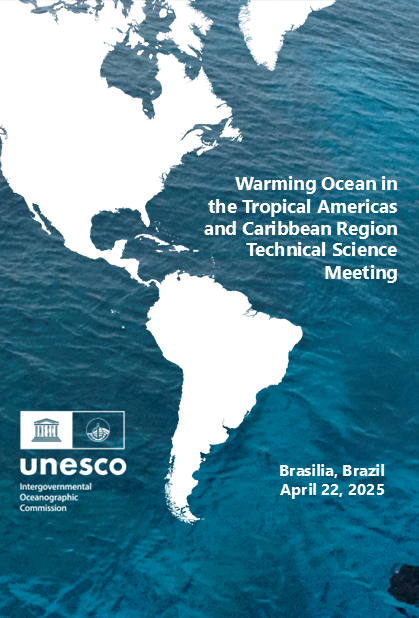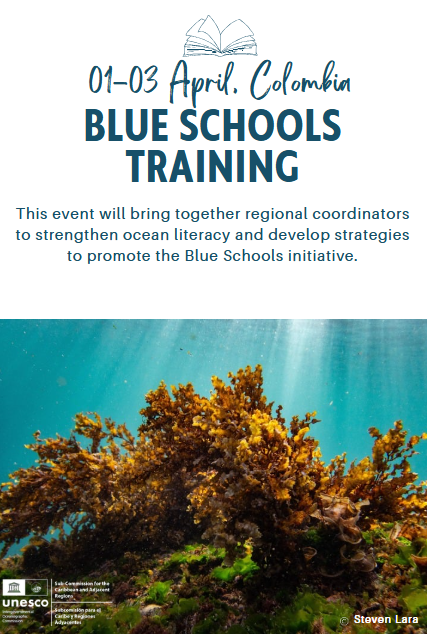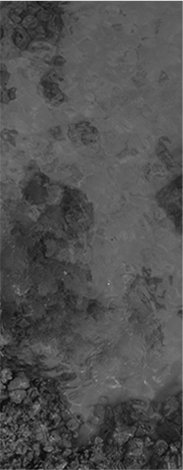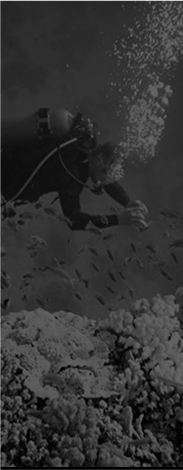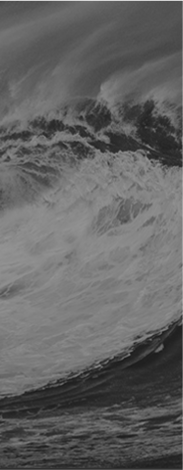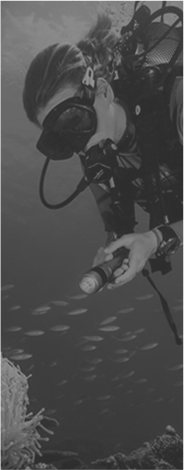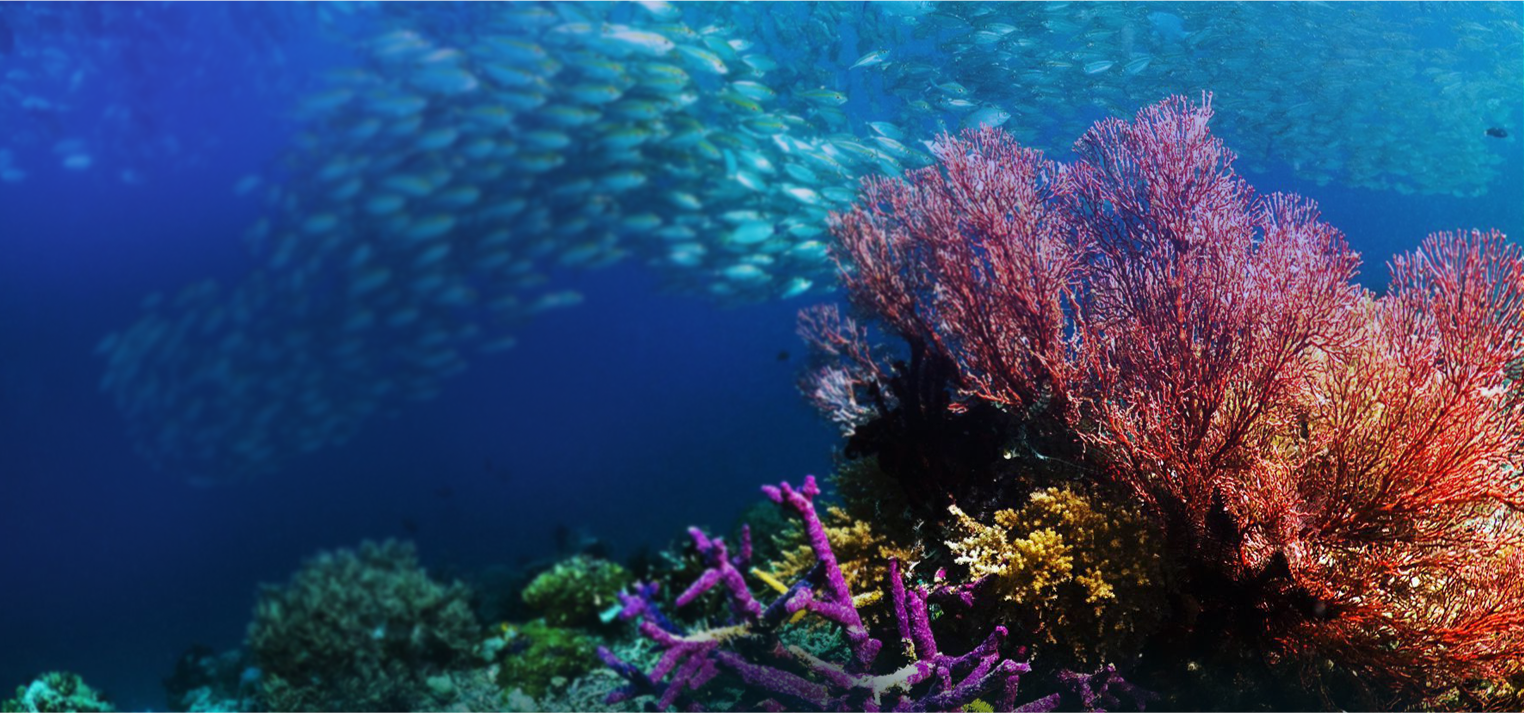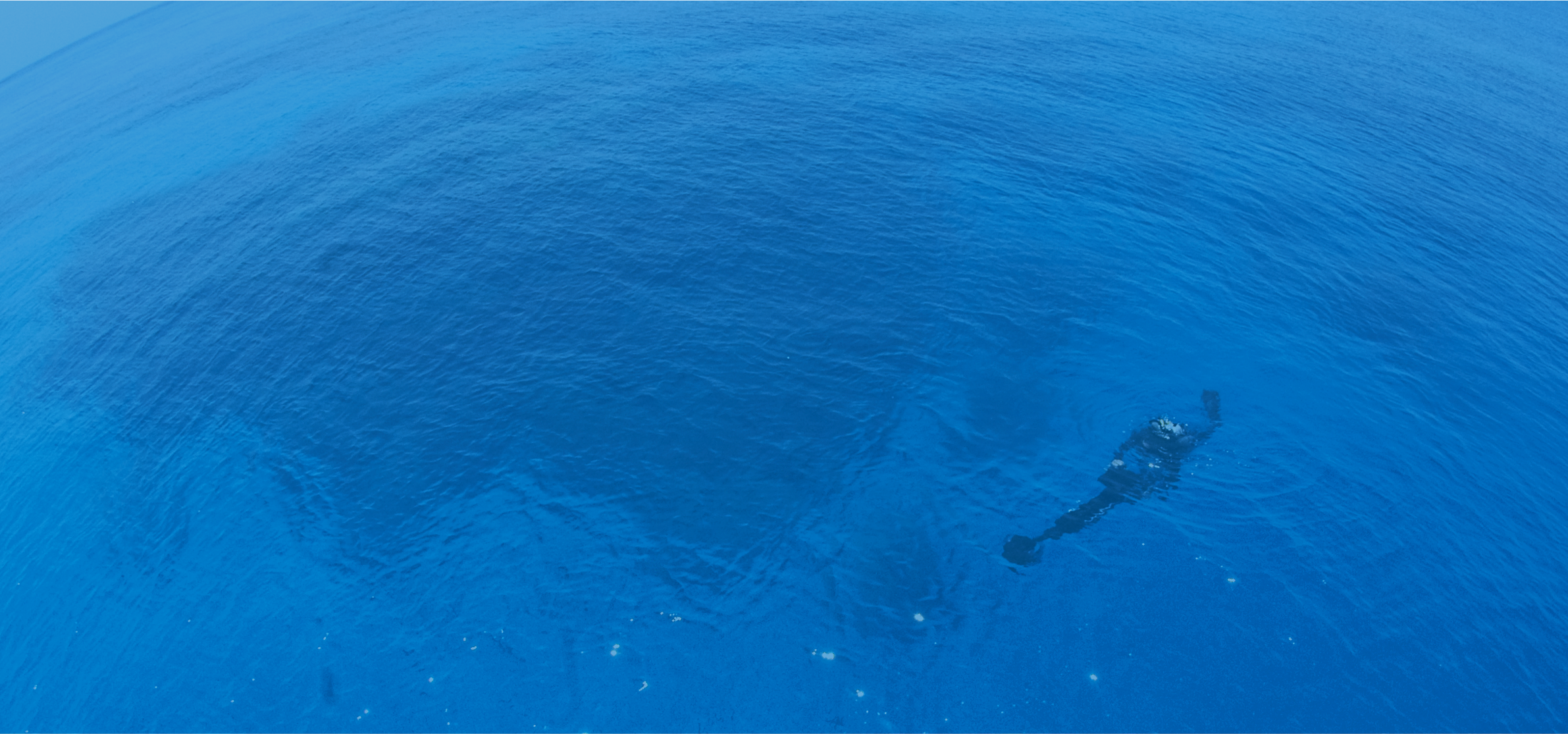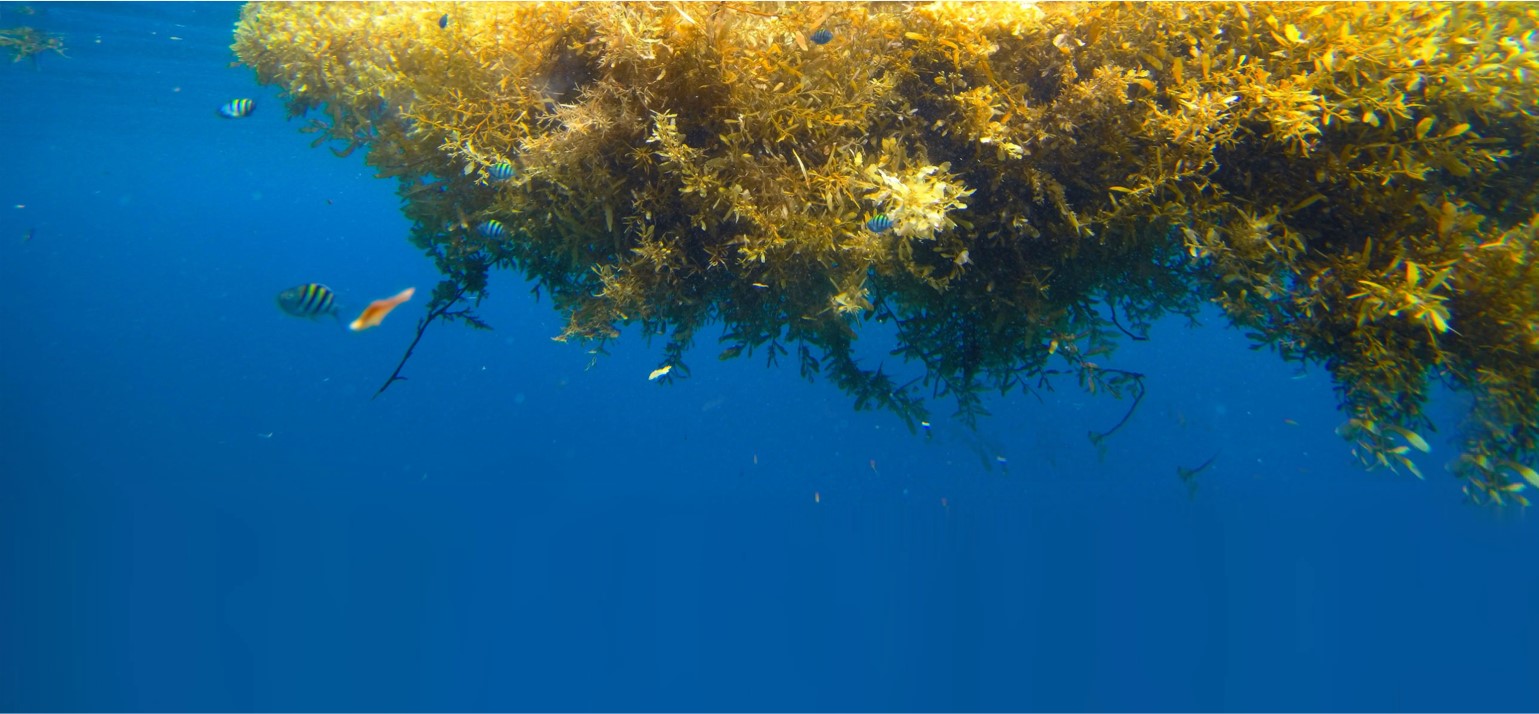About IOCARIBE
Who We Are
Cooperative marine science activities of IOC in the Caribbean and adjacent regions have existed for more than fifty years. Over this period three distinct stages have marked the evolution of marine Sciences in the region. CICAR - 1968: The first regional effort in marine sciences in the Caribbean was the Cooperative Investigations of the Caribbean and Adjacent Regions (CICAR) coordinated by IOC and modeled on the Indian Ocean International Expedition. Its aim was the understanding of the oceans and related processes in the Greater Caribbean region. IOCARIBE Association, 1975: The Member States recognized the benefits of CICAR and expressed their interest in creating a successor organization.
More AboutEvents
WhatComing Up?
THE UNITED NATIONS DECADE
OF OCEAN SCIENCE
Co-designing the science for the Ocean Decade
The United Nations Decade of Ocean Science for Sustainable Development (2021-2030) will harness and stimulate innovative ocean research, from co-design to co-delivery, and strengthen the multi-stakeholder cooperation needed to develop the science we need for the ocean we want.
The Decade will provide a framework for collaborative and participative ocean research, and support better integration of diverse knowledge systems from different science disciplines and ocean communities.
News & Updates
Stay Connected
IOCARIBE XVIII: Advancing Ocean Science and Governance in the Caribbean
Over the course of three days of intensive discussions, the meeting served as a platform to share progress, analyze challenges,…
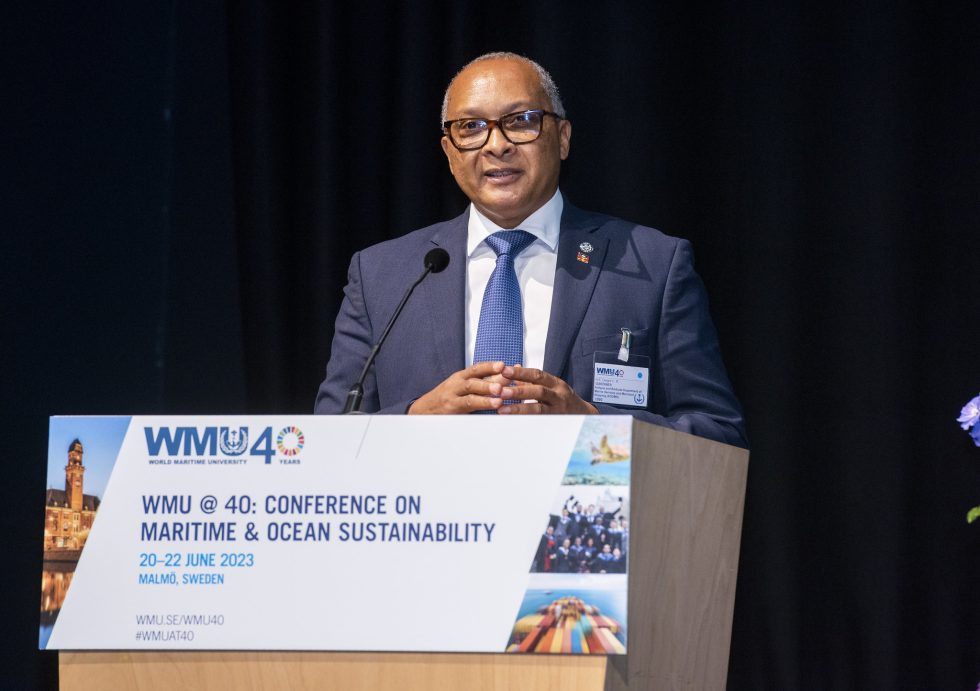
Antigua and Barbuda Expresses Willingness to Join IOC-UNESCO and Strengthen Engagement With IOCARIBE
Antigua and Barbuda, a UNESCO Member State for over 40 years, recognized that while it has actively participated in the work of the Culture Commission, it has yet to fully benefit from other UNESCO bodies such as the IOC. Through internal consultations and collaboration with IOCARIBE, the country has identified priority areas for deeper involvement. In its correspondence, the…
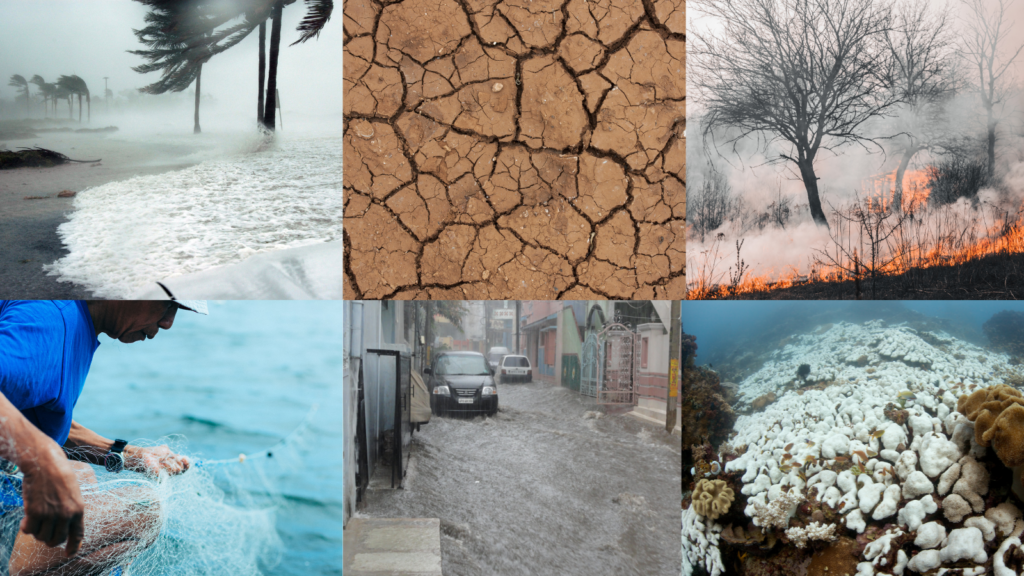
Adapting to climate change: the role of ocean data
Carbon dioxide removal strategies As atmospheric carbon dioxide levels continue to rise due to human activities, carbon…

NEW CALL FOR DECADE ACTIONS NO. 07/2024 TO FILL GAPS IN RESOURCE MOBILIZATION AND CAPACITY DEVELOPMENT ON THE PATH TO SUSTAINABLE OCEAN MANAGEMENT
Launched on the heels of the 2024 Ocean Decade Conference, Call for Decade Actions No. 07/2024 aims to fill gaps in funding and resources, as well as to incentivize new initiatives in capacity development as part of the Ocean Decade Capacity Development Facility to support Decade Actions. It falls during the finalization of the Vision 2030 process outcomes and …
Video Gallery
Discover Our Videos
Grenada to Lead Fight against Sargassum Seaweed
3 October 2024
IOCARIBE 40th Anniversary
14 June 2022
Ocean Decade Challenges
21 July 2021





